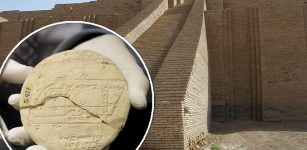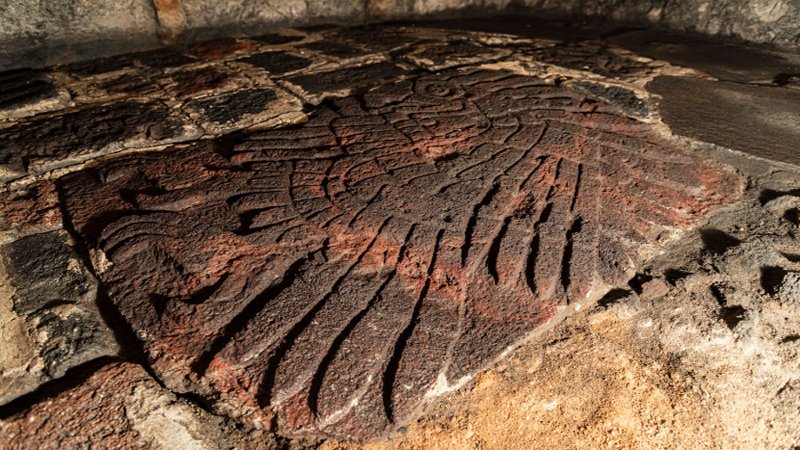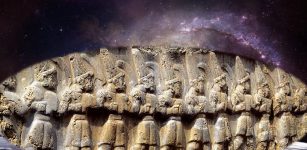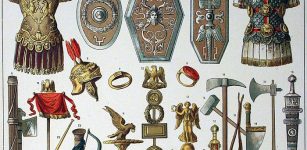Scipio Africanus Was Rome’s Greatest General Who Defeated Unbeatable Hannibal
MessageToEagle.com – Scipio Africanus, Publius Cornelius – (237-183 BC) was Roman general and the greatest of the famous Roman family of the Scipios, aristocrats and militaries that commanded armies.
He was a man of great intellect and culture; often harsh and arrogant to his political opponents, otherwise towards others, he was kind and sympathetic person.
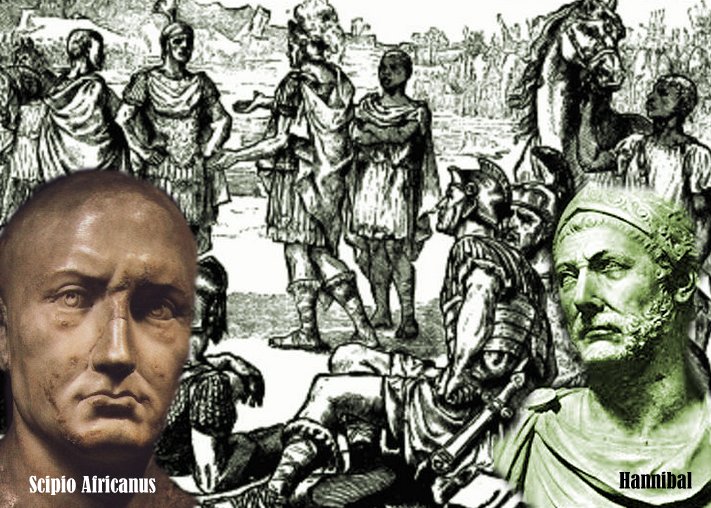
Scipio conquered Spain for the Romans and on 19 October 202 BC, he finally defeated the great, unbeatable Hannibal, a Punic military commander from Carthage, at the battle of Zama (in what is now Tunisia), Africa.
At Zama, in 202, the two great military men met in battle, and after a long and tough fight all day the Carthaginian ranks broke up. It was a great historical event because Hannibal’s army was finally overwhelmed.
Scipio’s peace terms for Hannibal and Carthage were reasonable; he did not sack Carthage like the Senate wanted him to. Instead, moderate regulations and taxes were levied upon the Carthaginians.
Scipio’s victory over Hannibal, ended the Second Punic War and broke power of Ancient Carthage; Rome became the most powerful city in the Mediterranean region.
Scipio was called ‘Africanus’ in honor of his victory and elected consul for a second time in 194 BC.
A few years later, Scipio accompanied his brother, Lucius, who was in command of the Roman army sent to Asia Minor to deal with Antiochus III the Great, ruler over the region of Syria and large parts of the rest of western Asia. At Magnesia in 190 the two Scipio brothers defeated the Syrian king and brought his power to an end.
See also:
Ancient Roman Government Structure And The Twelve Tables
What Was A ‘Triumvirate’ In Ancient Rome?
Carthage: Prosperous Phoenician Colony That Became Dominant Power In The Western Mediterranean
Pax Romana: 200-Year-Long Period Of Stability Within The Roman Empire
Despite his extraordinary military abilities and accomplishments, Scipio had many powerful political enemies in Rome, who made their best to discredit him. Scipio faced charges of bribery and treason and left Rome in 185 B.C.
He was very disappointed with the ungratefulness of the Roman government.
He was about 53, when he died at his estate in Liternum, Campania (now Patria, Italy), circa 183 BC. He did not want to be buried in Rome, so he arranged for his body to be buried in Liternum in Campania.
It is said that on his tomb was written:
“Ingrata patria, ne ossa quidem habebis”
(Ungrateful fatherland, you will not even have my bones).
Archaeologists have not yet determined the resting place of Scipio Africanus. The Tomb of the Scipios has been discovered and is open to the public, but Scipio Africanus’ remains have not been found there.
Finding the truth about Scipio Africanus is a true challenge; ancient rewcords are lost and it is the difficulty to trace information about him.
However, historical records confirm that like Alexander the Great, Scipio Africanus never lost a battle or failed in a military encounter.
Copyright © MessageToEagle.com All rights reserved. This material may not be published, broadcast, rewritten or redistributed in whole or part without the express written permission of MessageToEagle.com
Expand for references

